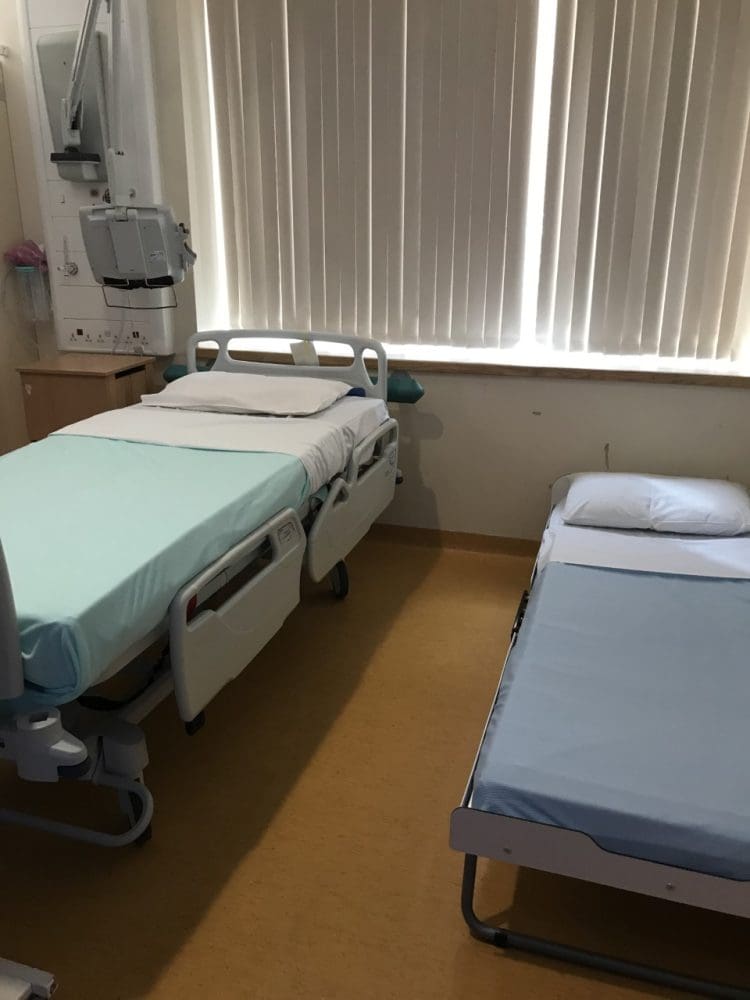Tameside Paediatric Accident & Emergency Department treats up to 23,000 children per year. Hospitals can be frightening places and when a child is anxious or distressed, it is harder for medical staff to treat them. This can affect the child’s treatment experience and their recovery.
MedEquip4Kids have been asked to provide artwork, sensory distraction equipment and toys to reduce stress and anxiety in children attending Tameside Accident & Emergency. Items requested include activity tables for the waiting area, wall art and stickers to make the area more child friendly, sensory mirrors and lamps, and books and toys to be used for distraction during procedures.
This equipment will help to calm and soothe children during the time in A & E and greatly enhance their hospital experience.
The total cost of providing this project will be £1,678.30











